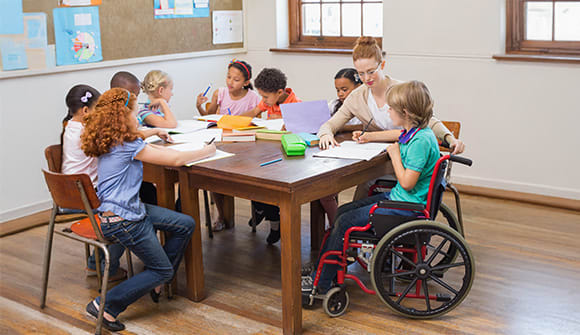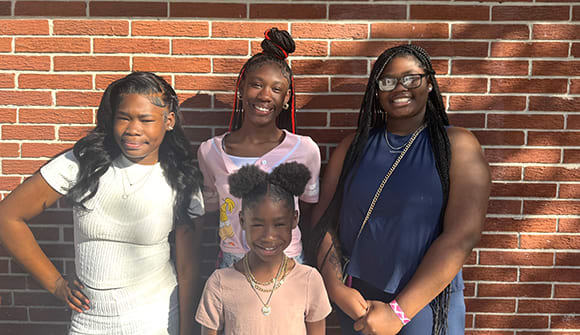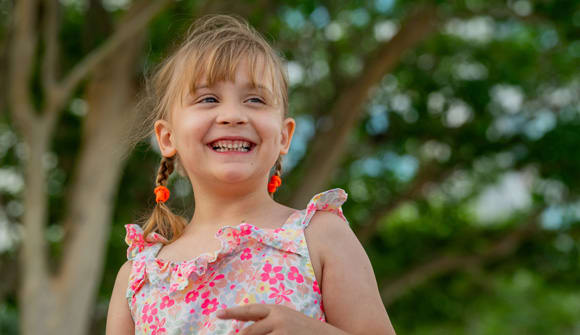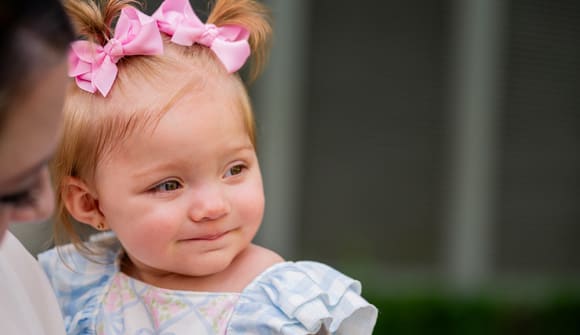Discussing medical differences
How parents can teach empathy and respect.
Article Author: Wesley Roberts
Article Date:

Kids are curious. So when you’re at the grocery store and you pass a person using a wheelchair, your inquisitive child might (loudly) blurt out, “Why is he in that?”
“As adults and parents, we often have a knee-jerk reaction to hush our child out of embarrassment or out of fear it may be offensive to the other person,” explained Stephanie Kinnare, PhD, psychologist with Baptist Behavioral Health. “Remember, the child is not intending to come from a place of hurt. They’re just curious, and this is developmentally normal for kids, especially when they notice differences they’ve never seen before.”
Instead of silencing your child’s interest in learning something new, try these recommendations from Dr. Kinnare:
- Acknowledge the child’s observations. You may say, “Yes, he is using a wheelchair.”
- Give simple, factual information about the difference, like, “That person has a medical condition, so he needs a wheelchair.”
“Acknowledging differences exist and showing that people with medical conditions are deserving of love and kindness is such an important message for children,” said Dr. Kinnare.
As a next step, you can help your child understand how they can support people with medical differences. For example, if a peer in their class is using a wheelchair, explain that the other child might need help picking something up or opening the door.
Kids rock
“Children actually do a great job of modeling this behavior themselves,” said Dr. Kinnare. “They show us how they prefer to educate others on their medical differences. This is a great model for parents.”
Dr. Kinnare provided an empowering example:
“One day, a girl who lost her hair due to cancer treatment had another child at school make a judgmental comment about her ‘haircut.’ The girl simply responded with a factual explanation about her medical condition. ‘I had cancer and the medicine made me lose my hair. It’s growing back now.’”
Acknowledging differences, modeling empathetic behavior and normalizing talking to our kids about medical differences will help in raising the next generation of caring and kind adults.
Caring mental health professionals at Baptist Behavioral Health and Wolfson Children's Behavioral Health provide professional counseling, psychological and psychiatric services for all ages. For more information or to schedule an appointment, call 904.376.3800.



